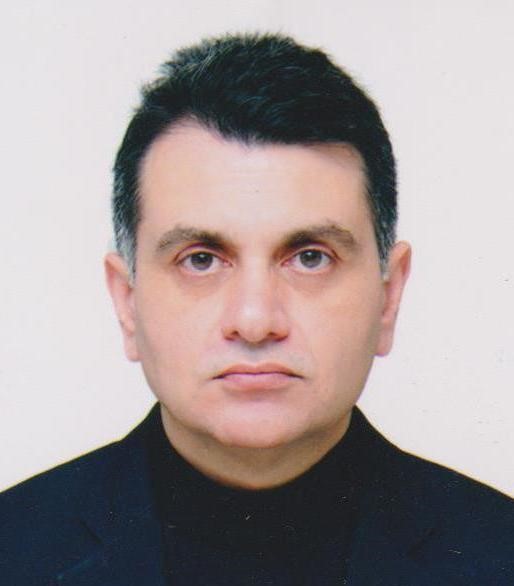LAHORE– President Pakistan China Joint Chamber of Commerce and Industry (PCJCCI) Zarak Khan has proposed the concept of “Energy Democracy” in the country, which can be implemented by creating Private-Public Partnership’s Consortium to overcome the exceeding energy crisis in Pakistan.
The concept was discussed today at a meeting of PCJCCI’s Think Tank” in participation with Mr. Moazzam Ghurki, Senior Vice President, Mr. Salahuddin Hanif, Secretary General and a number of the Executive Members.
The President PCJCCI hoped that, introducing energy democracy in Pakistan, the government can ensure efficiency, investment, and reduced tariffs to resolve energy crisis. He said that Pakistan can conduct participatory forms of decision enabling people to get involved in the energy democracy projects to ensure public ownership also in distribution of energy.
He informed that World had built 45,000 large dams so far while Pakistan had built only two large dams with 7% of world’s irrigated area, which shows the criminal neglect in safeguarding the life-giving waters.
He said that currently China’s installed capacity of electricity generation is among the highest i.e. 1,260 million GW, whereas Pakistan has an installed capacity of 22, 143 MW but it produces only 11,000 MW due to line losses, delayed payments, line rents and poor maintenance of the Hydro machinery.
On this occasion, Mr. Moazzam Ghurki, Senior Vice President PCJCCI pointed out that if Pakistan is to develop at a faster pace to attain 7 to 8 percent GDP growth, then it is imperative to address its energy needs. Pakistan is currently short of energy between 5,000 to 8,000 MW, therefore like many developed countries Pakistan should establish energy suppliers owned by the public on local, regional and cooperative basis.
Mr. Salahuddin Hanif, Secretary General PCJCCI said that if the energy democracy idea is implemented, the companies which are not wholly driven by profit will abstain from trickery, attract investment, infuse confidence, offer fair and simple energy tariffs and would further help those who are least able to pay bills and reinvest major portion of profits back into the local communities.— PRESS RELEASE

